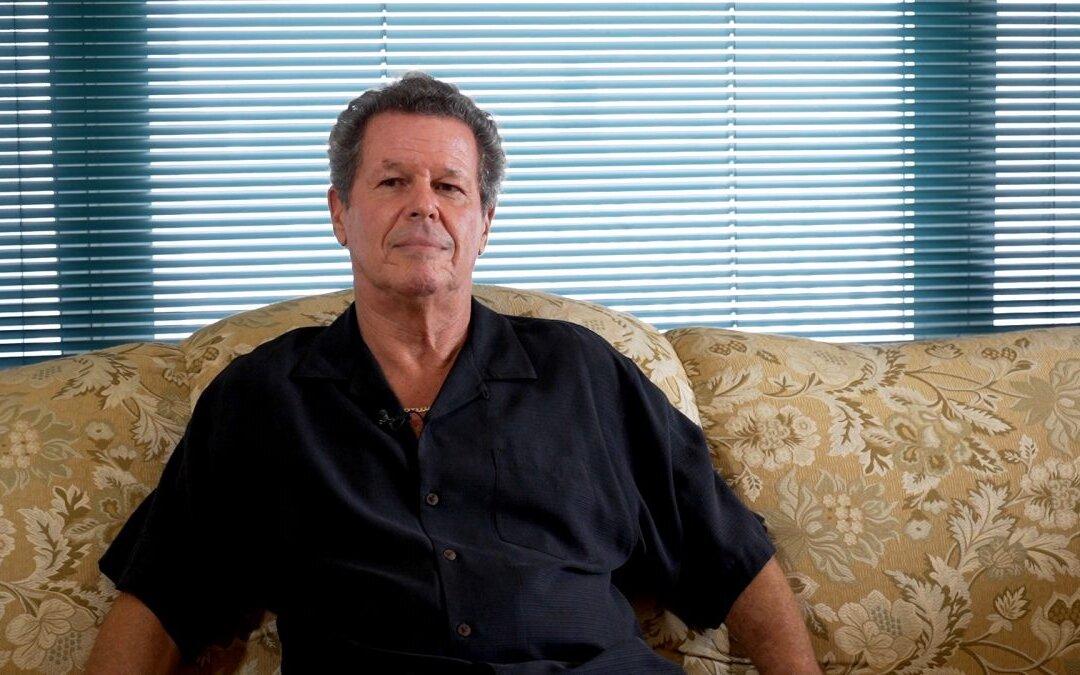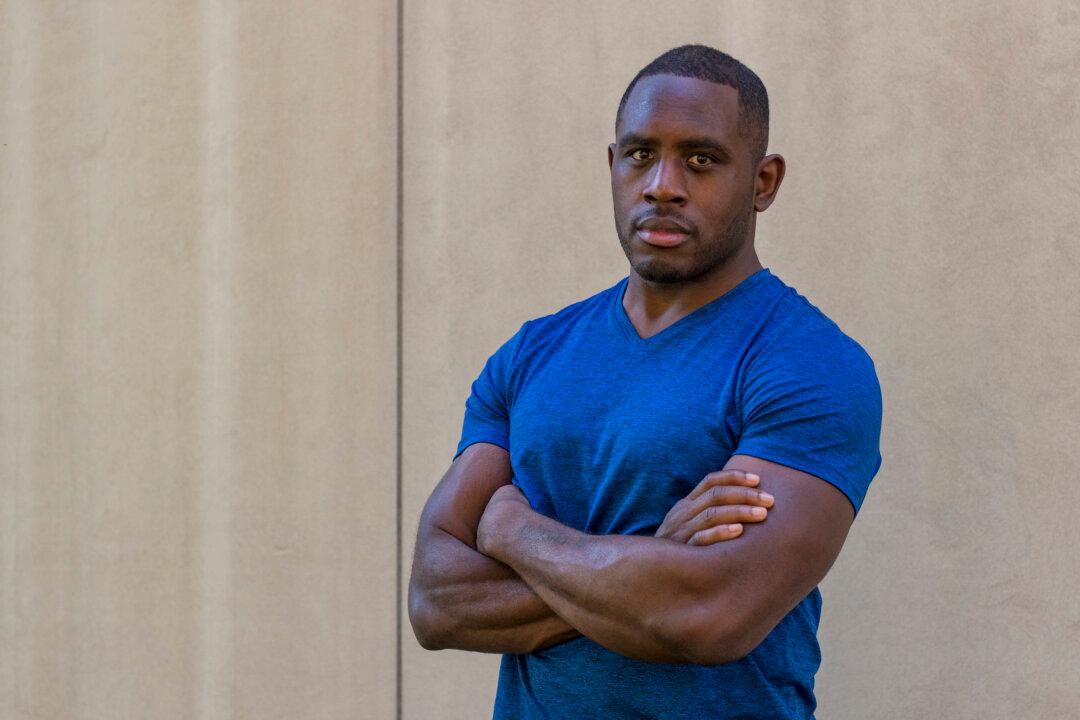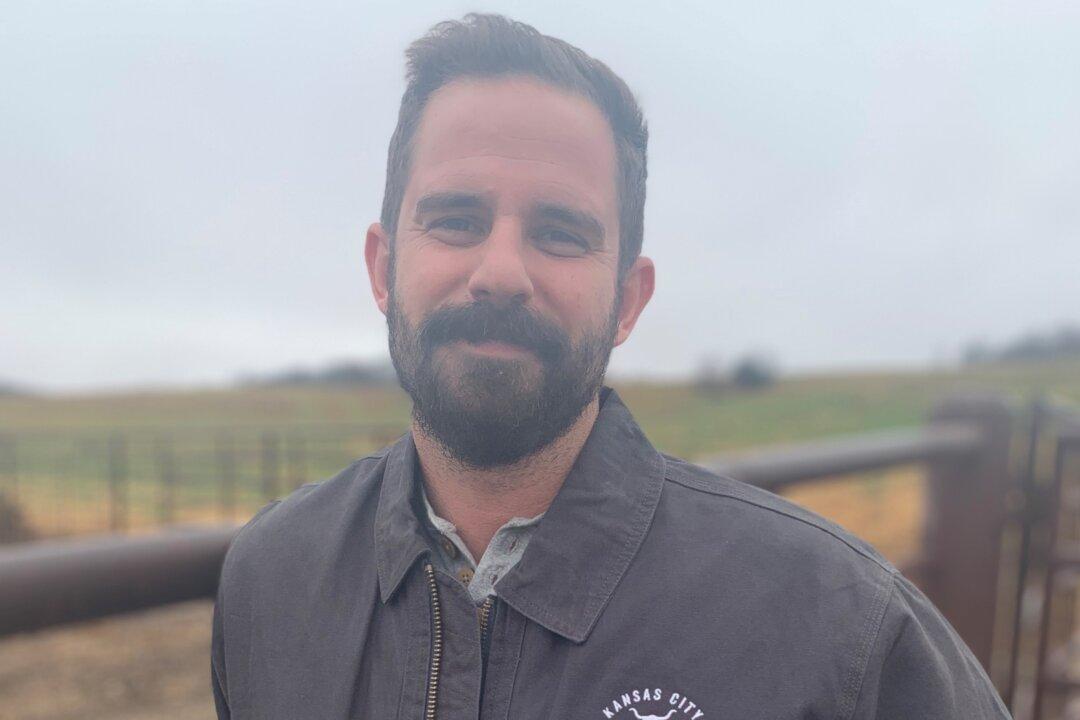NEW YORK—After nearly 30 years of serving the community with the police department, you'd think New Yorker Ronnie Tishkevich would want to take it easy in his retirement. But helping people is in his blood. His prayers were answered one day when he found out about a senior visiting service that helped him find a new appreciation for the simple things in life.
Tishkevich grew up in the Flatbush area of Brooklyn, and vividly remembers spending his summers in the park. He would play from morning till night until his mother would have to drag him home. There was the occasional fight, sometimes with a best friend, but it was just part of growing up.






